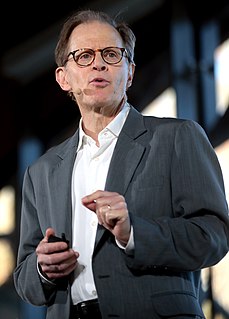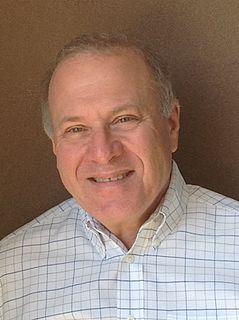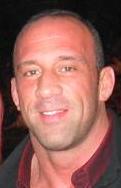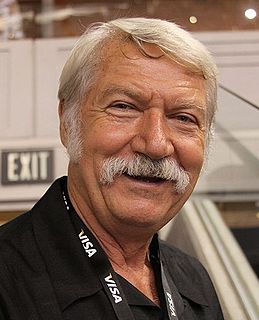A Quote by Stephen Covey
Writing is another powerful way to sharpen the mental saw. Keeping a journal of our thoughts, experiences, insights, and learnings promotes mental clarity, exactness, and context.
Related Quotes
Internal mental experience is not the product of a photographic process. Internal reality is in fact constructed by the brain as it interacts with the environment in the present, in the context of its past experiences and expectancies of the future. At the level of perceptual categorizations, we have reached a land of mental representations quite distant from the layers of the world just inches away from their place inside the skull. This is the reason why each of us experiences a unique way of minding the world. (pp. 166-167)
All athletes speak about the mental element of athletics, and it usually boils down to the same thing: if you can remove your ego from the game, you can function with much more clarity and you are more likely to succeed. Wouldn't it be interesting if we all began speaking about the mental element of our lives in this way?
We encounter the grinding wheels that sharpen our mental blades many places in life. Adversity, school, parents, spiritual guides, books, experience are all sharpening teachers. As we grow older, to stay sharp we must find new grindstones to whet and sharpen our potential and keep us at our brightest, most penetrating best.
Mindfulness is the ability to be aware, to note, to notice. When we apply that to our thoughts and mental habits, we bring a clarity of awareness in seeing what's just an ordinary thought and what's a judging thought that's pejorative or putting us down in some way. So, we first bring that lens of awareness, and then we can do all kinds of different strategies. We can inquire.
Habit 7 is taking the time to sharpen the saw. By renewing the four dimensions of your nature - physical, spiritual, mental and social/emotional, you can work more quickly and effortlessly. To do this, we must be proactive. This is a Quadrant II (important, not urgent) activity that must be acted on. It's at the center of our Circle of Influence, so we must do it for ourselves.
I learned so much in Zimbabwe, in particular about the need for humility in our ambition to extend mental health care in countries where there were very few psychiatrists and where the local culture harboured very different views about mental illness and healing. These experiences have profoundly influenced my thinking.




































